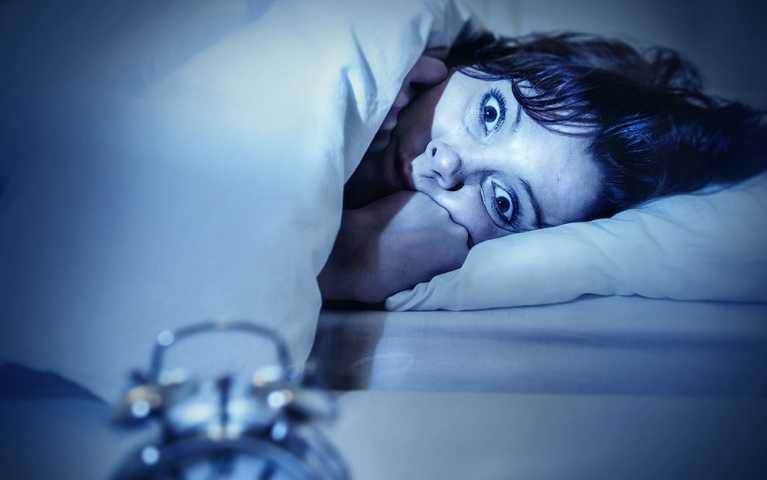A Q&A with sleep expert Dr. Chris Winter.
Do you have trouble falling asleep, staying asleep, getting enough sleep, or staying awake during the day? Are you fatigued or tired?
These are all important distinctions to make when evaluating why your sleep is broken and how to fix it – which is also the subtitle of Dr. Chris Winter's book, The Sleep Solution.
“Let's stop this dialogue over why half of Americans can't sleep – we are not not sleeping, it's just half of Americans are not satisfied with their sleep or feel like their sleep is poor. Let's redefine the problem in a way that's real," says Winter, a neurologist and sleep medicine specialist who works with top athletes in the NBA, NFL, MLB and NHL and has treated more than 10,000 patients over 20 years.
Q: You mention conditions linked to lack of sleep like diabetes, Alzheimer's, heart attacks, obesity and certain cancers. Should we who don't sleep be worried?
A: We need to be careful about this because those problems have to do with people who really do not sleep – shift workers, medical residents, college kids staying up all night playing video games or couples who binge-watch TV shows 'til dawn. Most people who say they have insomnia are not lacking sleep. Perception and reality of sleep are two different things. Patients come in and tell me they don't sleep and their partner rolls their eyes, and in a sleep lab I see those people actually are sleeping.
Q: So what's the difference between someone who really doesn't sleep and someone who thinks they're not getting enough sleep?
There are two different populations out there – people who literally can't stay awake because they're not sleeping enough (and they're at risk for more of those diseases) and insomniacs, who feel fatigue because they can't fall asleep or stay asleep and most importantly, have anxiety about that.
Q: What does sleep do for the brain?
The function of sleep is to make us NOT sleepy. We want to re-establish that homeostasis, to get rid of the chemical adenosine that is building up while we're awake (and depletes while we sleep). Sleep is pushing us to restful behavior to reset all the different systems to about a 24-hour cycle. As the sun goes down, it's a fantastic cue for sleep to happen every day.
Q: What does constant exposure to technology do to our sleep?
Light suppresses melatonin, the chemical in our bodies [that] starts surging as the sun goes down, which now isn't present. When it's getting dark outside we should be preparing for sleep. Bright office lights and bright computers in our faces – we can't just shut it off after watching a disturbing video or news and expect to fall asleep. The access of media 24 hours a day, and our own personal Twitter and LinkedIn and “my post got 1,200 likes" – I think it puts you in a constant state of vigilance. It's like if I told you that my pet snake got loose in your house. The likelihood of you falling asleep in the face of vigilance is always hard. Vigilance has a negative impact.
Q: How do you get past it? How do you improve sleep?
My solution is to educate yourself about what your true sleep problem is: Is it that you don't like your sleep? That you wake up 16 times a night? There are 88 known sleep disorders. Maybe it's not your sleep at all. There's nothing to fear.
Of course, there is sleep hygiene: finding a cool, dark, and quiet room. It's a process. We all can be better about it.
Want even better sleep? Sleepers who routinely use their Sleep Number 360® smart bed features and SleepIQ® technology get almost 100 hour more proven quality sleep per year.*
Like diet and exercise, quality sleep has a profound impact on our physical, emotional and mental wellbeing. Because no two people sleep the same, Sleep Number 360® smart beds, with SleepIQ® technology, sense your movements and automatically adjust firmness, comfort and support to keep you both sleeping comfortably and provide proven quality sleep. Find your Sleep Number® setting for your best possible night's sleep, and if you own a Sleep Number® bed, log in to your InnerCircle℠ Rewards account to see your exclusive offers, refer friends and more.
*Based on internal analysis of sleep sessions assessing sleepers who use multiple features of Sleep Number® products. Claim based on sleepers achieving over 15 more minutes of restful sleep per sleep sessions.
